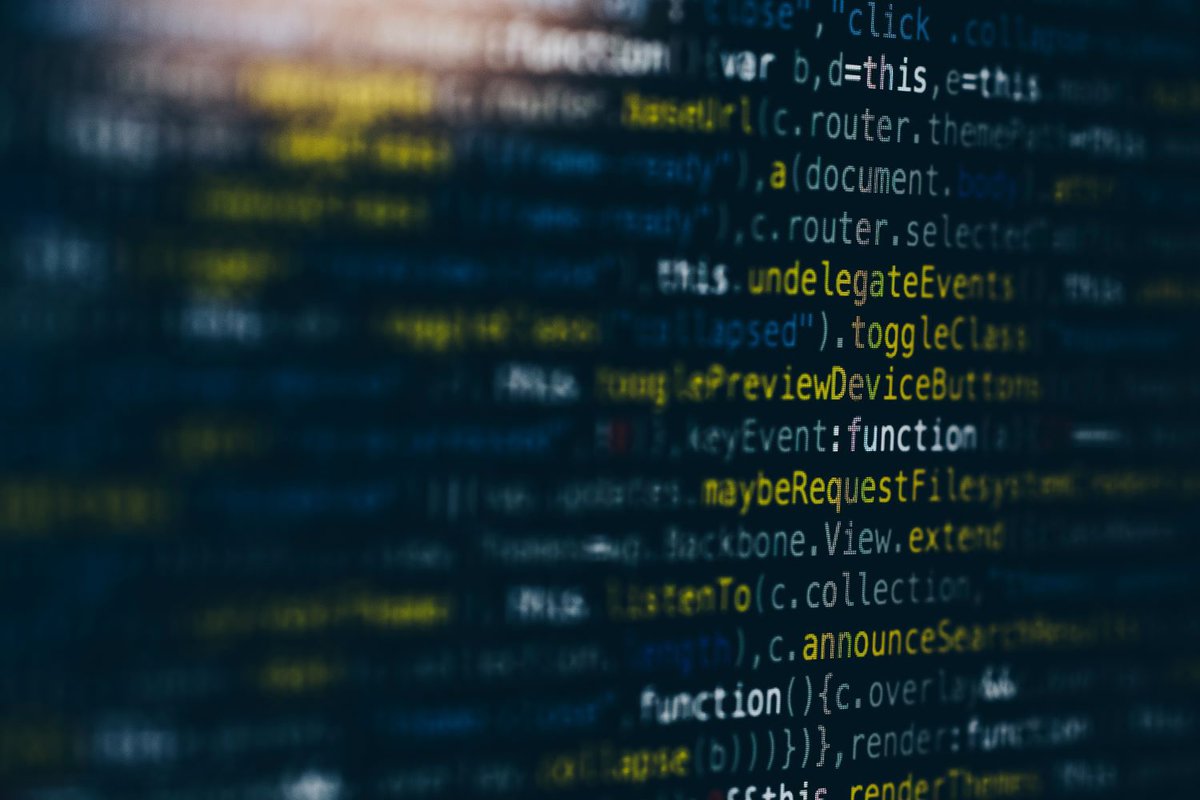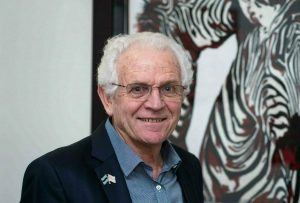Australia’s top spy on Wednesday asked major technology companies for better cooperation and the breaking of a long taboo by the state to give access to encrypted messages.
Australian intelligence chief Mike Burgess says encrypted messages can eliminate threats.
“Technical companies have a duty to break encryptions when they are asked to do so.
Many technology platforms pride themselves on the ability to guarantee privacy through encrypted messaging channels and access to law enforcement authorities is considered out of the question.
Companies such as Apple, Google and Microsoft have in the past turned down similar requests for access, labeling it a threat to cyber security and user privacy.
“Encryption is clearly a good thing, a positive thing for our democracy and our economy,” Burgess said.
On the other hand, he also believes that it can help protect terrorists and spies, saboteurs and criminals. “I am asking, insisting, that technology companies work with us to solve this challenge.
“I am not asking for new legislation. I am not asking for new powers. I’m asking the tech companies to do more.”
Burgess says intelligence agencies are currently investigating an “extremist racist network”, which uses encrypted messages and which “shares vile propaganda, posts tips about homemade weapons and holds discussions about how to start a race war”.
At the same event, Australian Federal Police Commissioner Reece Kershaw singled out techno giant Meta, which has introduced end-to-end encryption for Facebook and Facebook Messenger.
This encryption prevents the interception of messages by law enforcement and means that only the sender and receiver can read their contents. Kershaw says that would seriously hamper investigations. He labels the lack of cooperation with the authorities as a shame.
Apple has fought a lawsuit to weaken iPhone encryption so that authorities could read messages from a suspect in the 2015 bombing in California.
Police officers worldwide believe encryption can protect criminals and terrorists and illegal pornography users, even when the authorities have a legal warrant for an investigation. Advocates of civil rights and privacy, in cooperation with cybersecurity professionals, advocate the encryption of data to protect people from unlawful snooping by authorities, as well as hackers.








